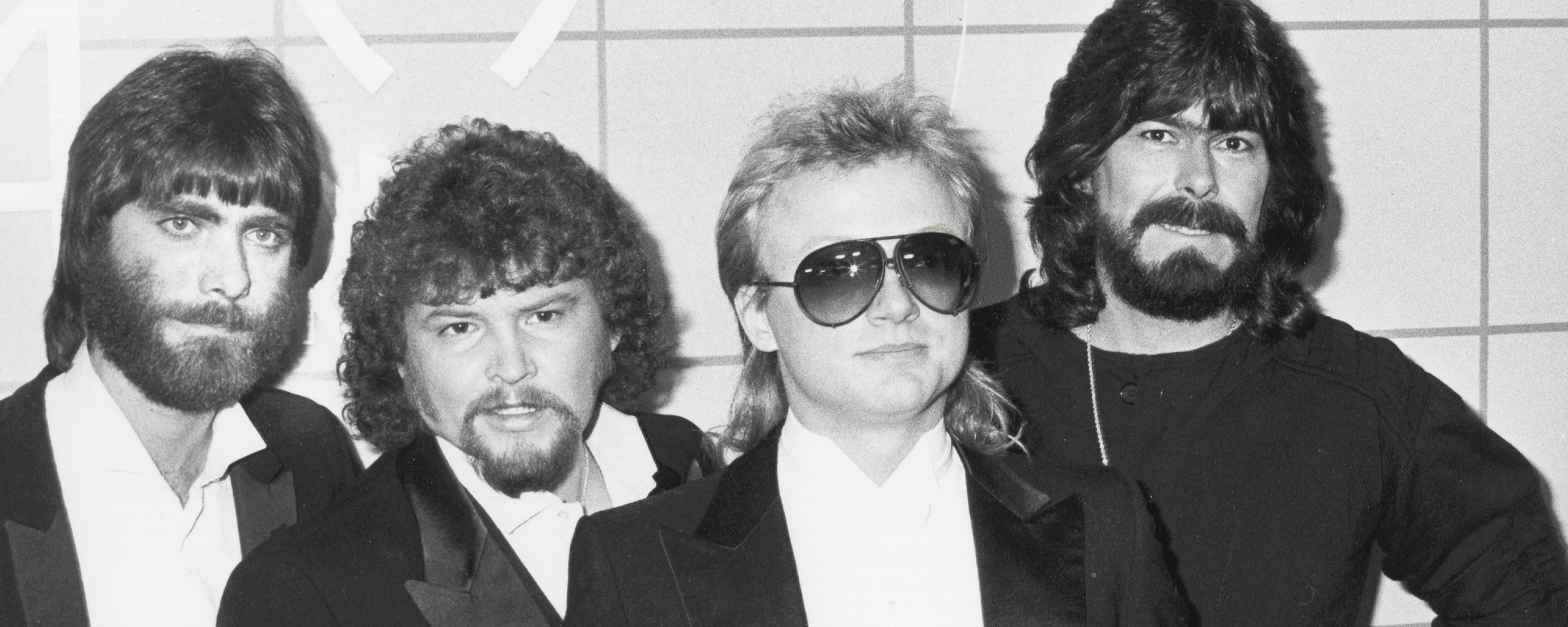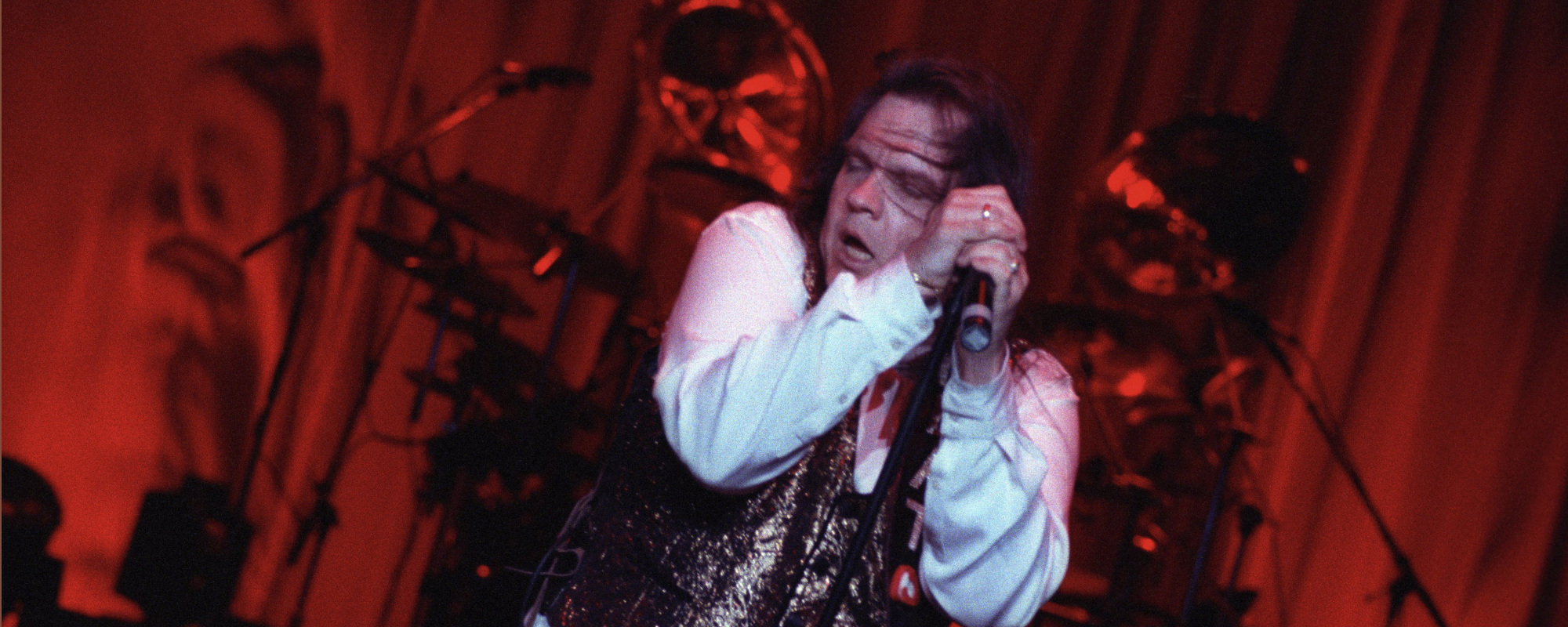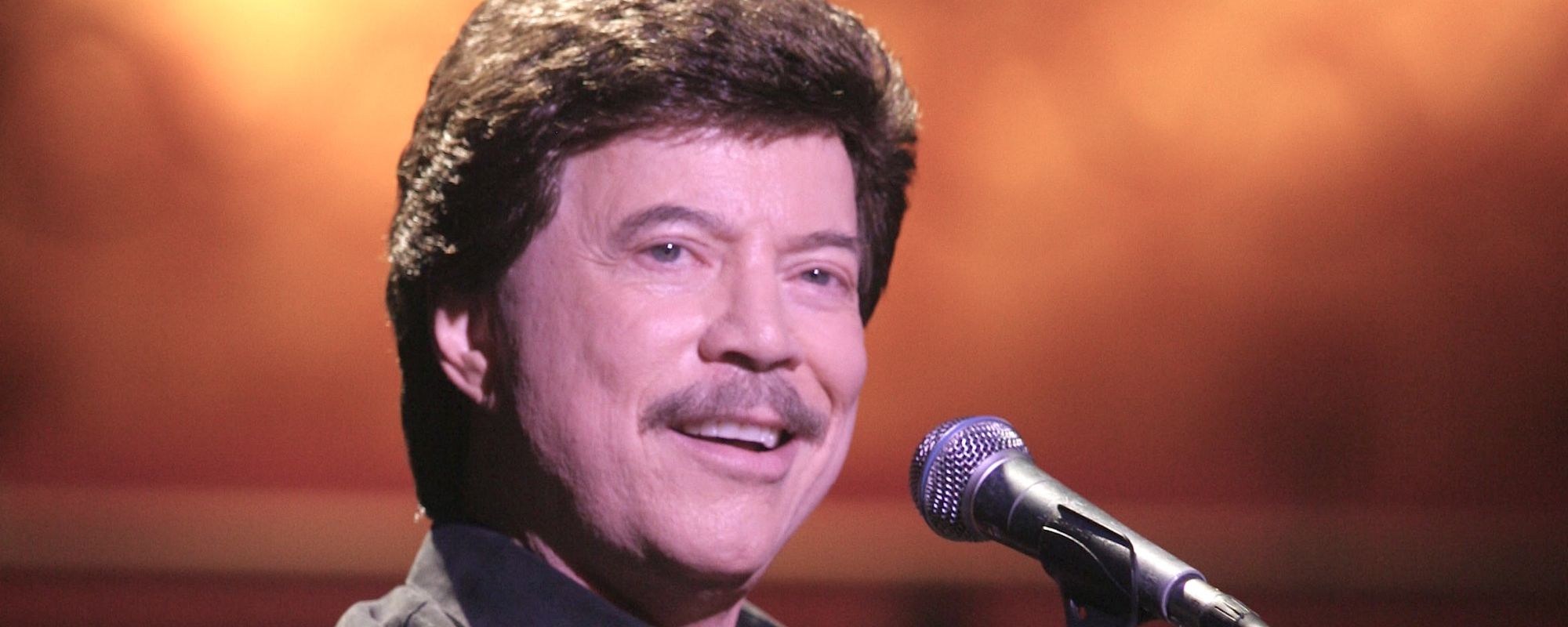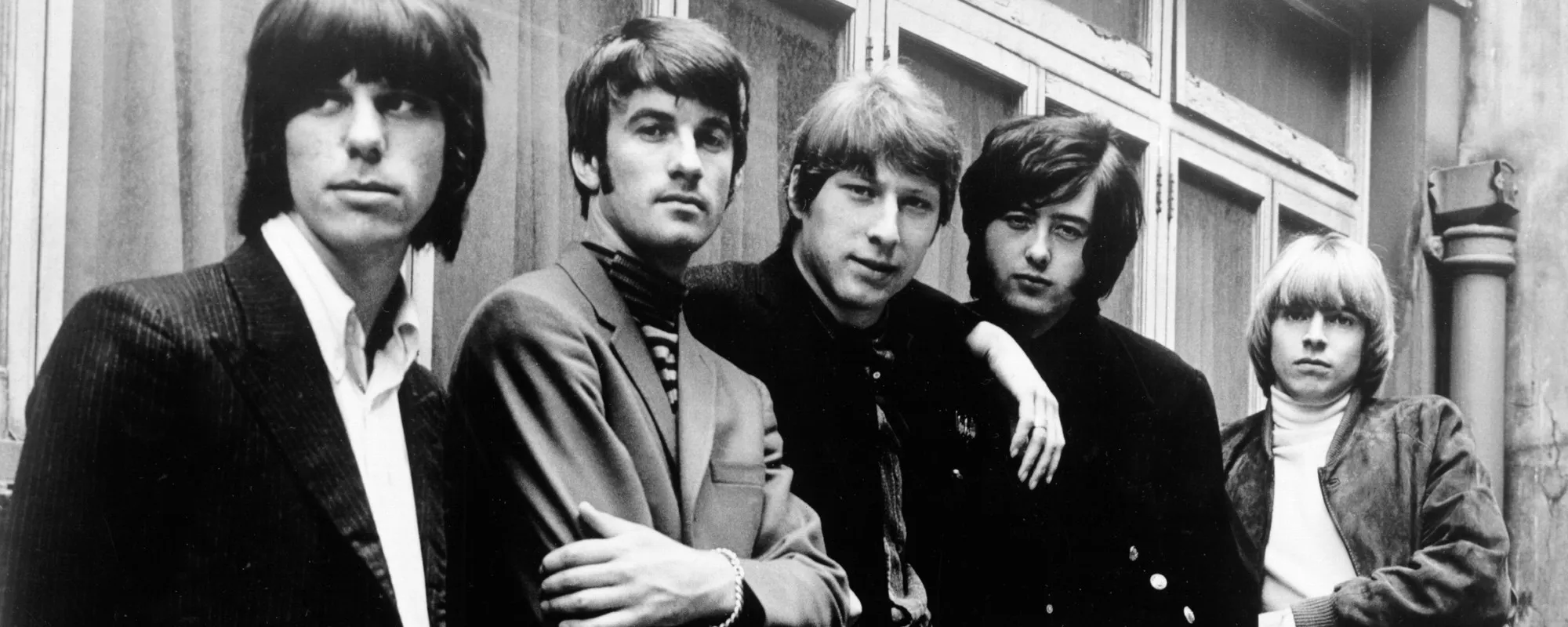Before “Tonight, Tonight” earned Billy Corgan and The Smashing Pumpkins GRAMMY nominations and a slew of MTV awards, it was a riff that went nowhere in a different key. Billy joined our Members for a Q&A Workshop and gave behind-the-song access to his songwriting process and the series of trials and “guessing forward” that came together to form the hit single from one of the all-time greatest rock albums, Mellon Collie and the Infinite Sadness.
Videos by American Songwriter
AS: What are some good examples of songs that you thought you knew where they were going but they landed somewhere else completely different?
Billy Corgan: Well, “Tonight, Tonight” is an example. We worked on that song for four months and in the beginning, all I had was (sings main riff). That’s all I had in the beginning. And it was in a different key.
So for months we just played the one riff and developed a little bit of language and then it would go nowhere. And then for some reason, one day in just sitting with my Ovation acoustic, I was like …
You know how sometimes on the guitar, certain chords, they just kind of lead you nowhere? I didn’t use capos back then, so I was like “it would almost be better if I just changed it to this other relative key.” And then by changing from whatever it was originally—I think [it] was F major to G major—suddenly the guitar opened up and all these voicings came out.
So in writing the song, originally it was going to be kind of this, in our language we called it “Who ‘65”—very busy drums, which are still in the track. But, when we were working on the song and we eventually arranged it over time, it felt like there’s this other song here, but we don’t know what it is. So then, in the parlance of the studio, we started saying, “Well, we should put an orchestra over the top of it.”
So to make people laugh in 2025:
- No click track.
- The performance that we did is the second take that we did, and we convinced the producer, Flood at the time, that it was good.
- Lyrics weren’t finished, I don’t think.
- And you’ve got this band recording that we understand is not complete, but it’s not just going to be loaded with guitar riffs, we’re going to put an orchestra up, but there’s no orchestra. And there’s nothing written down.
So then I spent four days with a woman who flew over from England doing the string arrangements, arguing with her over and over again about what could be done with an orchestra. And then she conducts a 30-piece orchestra, which, by the way, I’ve never heard until the moment it’s being laid on. It’s all just been done in, you know, early ProTools with Mellotron or whatever.
And so it’s the first time I hear this congealing of the orchestra over the top that she has to conduct without a click track to line up with the band that’s trying to play like The Who. And then you get this beautiful thing where it does come together and you’re like, “OK, there it is.” But that was all the entire time. You’re like, guessing forward.
Q&A Workshops are a monthly series for American Songwriter Membership. To watch the full episode with Billy Corgan, become a member and get exclusive content including access to the songwriters behind hit songs by Ed Sheeran, Bonnie Raitt, Morgan Wallen, Guns N’ Roses, and more. Plus exclusive content, events, giveaways, tips, and a community of songwriters and music lovers.
Photo by Brian Rasic/Getty Images













Leave a Reply
Only members can comment. Become a member. Already a member? Log in.